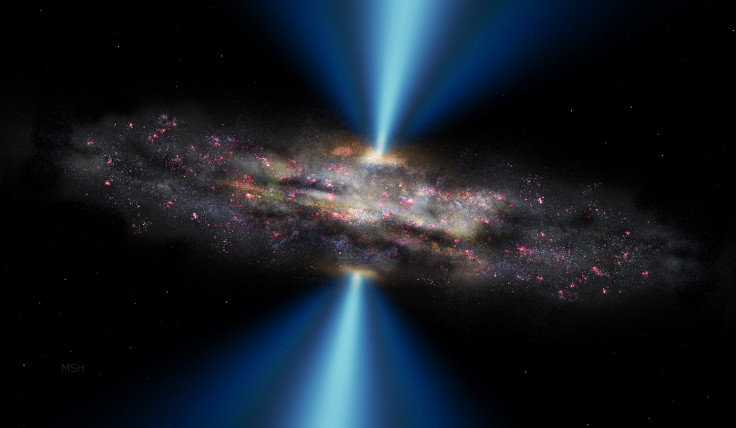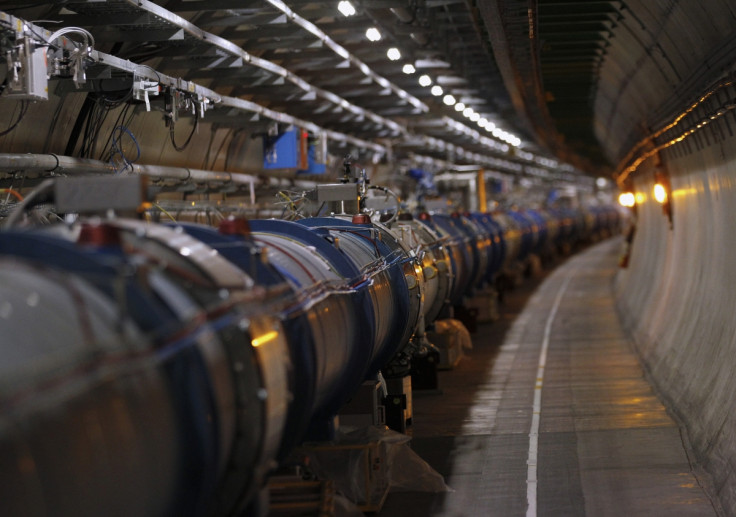Mini black holes from LHC are not going to bring about the collapse of the universe

Mini black holes are not going to result in the apocalypse by triggering the collapse of the universe, a scientist has said following recent reports that the Large Hadron Collider (LHC) could set off a chain reaction resulting in the End of Days. Writing in Science magazine, Adrian Cho – who has a Ph.D in experimental particle physics – was referring to a recent paper that said technically, mini black holes could cause the universe to collapse.
Cho explains that the stability of the vacuum is important. Physicists know empty space contains a Higgs field made of Higgs bosons in the vacuum. They also believe – according to our current understanding – that the Higgs field may not be in its most stable and lowest energy state.
"Rather, it could achieve a much lower energy by taking on much higher strength. That energy-saving transition should inevitably cause the vacuum to collapse and wipe out the universe. So why hasn't that collapse happened? It turns out that to get to the lower energy "true vacuum" state, the Higgs field would have to get through an enormous energy barrier through a process known as quantum tunneling," writes Cho.
"That barrier is so big that it would likely take many, many times the age of the universe for the transition to occur. So, theorists generally agreed that the Higgs field is 'metastable,' temporarily stuck in a 'false vacuum' state, and that although the collapse is a problem in principle, practically it's nothing to worry about."
However, in a paper published in the Physical Review Letters, scientists say this argument does not work when mini black holes are introduced. The paper talks about "the effect of gravitational interactions on the lifetime of the Higgs vacuum" where corrections for generic quantum gravity are accounted for.

In it, Moss et al show that using the standard model, "small black holes can act as seeds for vacuum decay" that can produce a vacuum bubble.
If a mini black hole was inside a vacuum bubble, the black hole's gravity could shift the balance of energy: "So that any bubble beyond a certain very small size could instead lower its energy by growing. Within a fraction of a second, the bubble would then expand to consume the entire visible universe," Cho wrote.
Addressing concerns that such mini black holes could be created with Cern's Large Hadron Collider, Moss said this is not the case. Mini black holes created by the LHC are of even lower energy than those that can be created by cosmic rays crashing into particles in our atmosphere.
Instead of triggering the collapse of the universe (even though it technically could), the researchers say this means there must be some currently unknown physics at play that stabilises this vacuum.
Moss told Science: "The thing you mustn't say is, 'Shock, horror! We're going to destroy the universe."
© Copyright IBTimes 2025. All rights reserved.






















